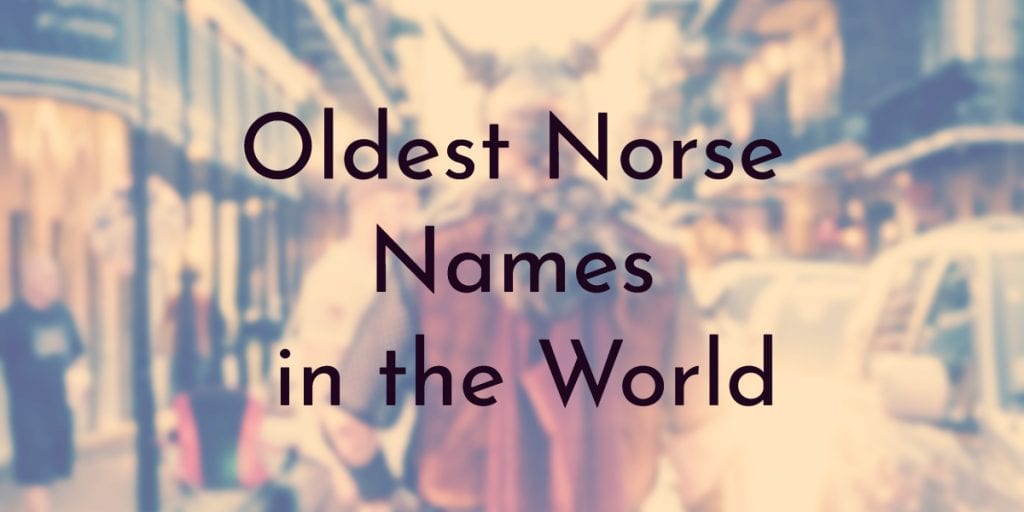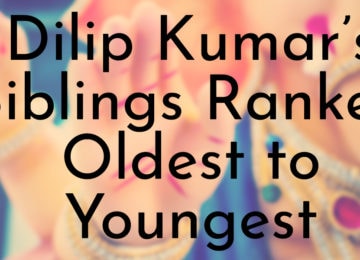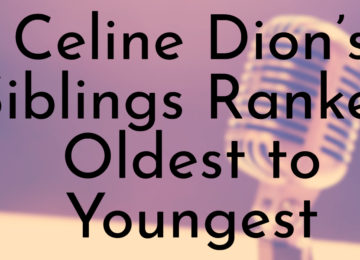Marvel’s “Thor” comics and films have somewhat familiarized the general public with old Norse names and figures. However, there is a lot more to Norse culture than the shenanigans of Thor and Loki. Many traditional Norse names derive from important cultural practices found in mythology, language and the natural world, such as gods, runes and serpents. Some ancient Norse children were named to be strong warriors while others were named to be peaceful or trustworthy.
Read the list below to learn the origins of several old Norse names as well as how to pronounce them. Who knows? One might end up on a baby name list.
14. Alfhild
Gender: Female
Meaning: Elf battle
Pronunciation: Allf-heel
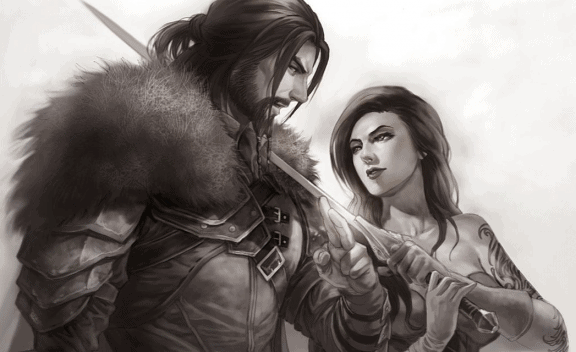
Alfhild comes from the Norse terms for elf (alfr) and battle (hildr). In Norse mythology, Alfhild was a woman guarded by a snake and a lizard that destroyed unworthy men. One visitor, King Alf, slayed the creatures and attempted to marry Alfhild. To avoid this fate, she disguised herself as a male warrior. In Norse mythology, elves were beautiful demigods who humans venerated. Elves had magical powers that could cause humans illness or health, depending on their moods so there was a pointed interest in keeping them happy.
13. Alfrothul
Gender: Male
Meaning: Of the sun
Pronunciation: Al-FRU-tuhl
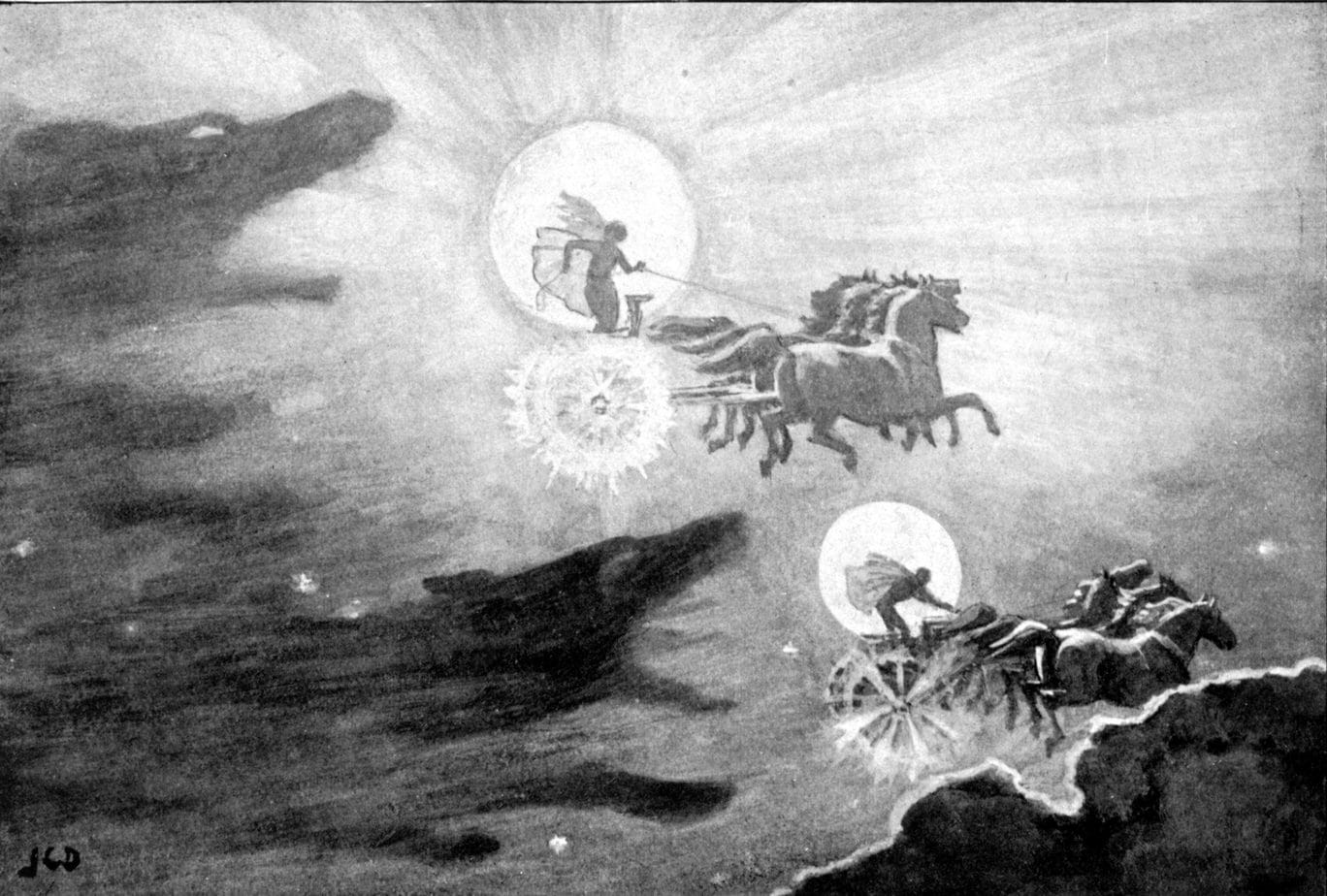
The name Alfrothul derives from Norse word Álfröðull, which roughly translates to “elf beam.” The exact significance of Álfröðull is somewhat vague as it seems to refer to the sun goddess Sol and also the sun itself. The ancient Norse peoples believed that Álfröðull would bear a daughter who would continue her legacy after everyone dies at Ragnarok.
12. Tove
Gender: Male
Meaning: Dove, beautiful or of Thor
Pronunciation: Toh-vuh
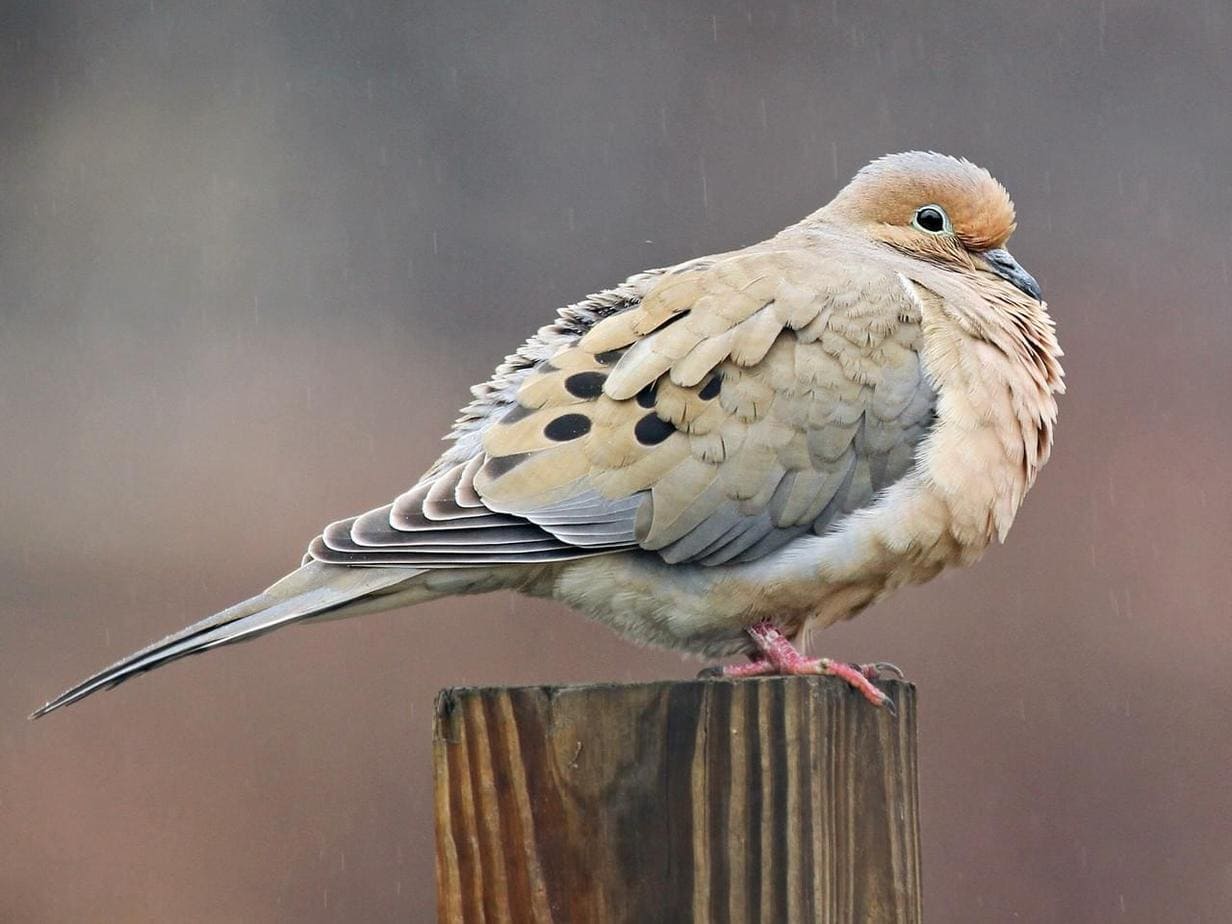
Tove has multiple meanings. One source says that means dove, which is the bird associated with the Norse goddess Nanna. Nanna started as the goddess of joy and peace, but died from a broken heart after Loki killed her husband Baldur. As a result, the mourning dove is her associated animal, representing the loss she suffered at her husband’s death. Others say that it means beautiful and is a derivation of Thor, like the masculine name Toke.
11. Trygve
Gender: Male
Meaning: Trustworthy
Pronunciation: TrIHg-vuh
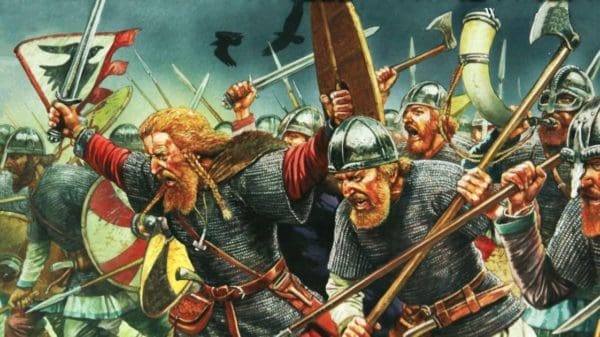
Trygve comes from the Norse word “tryggr,” which means trustworthy. While this name does not have an epic Norse mythological story attached to it, it’s easy to see why it was a popular moniker. Norse communities and, especially, their warriors had to rely on trust to engage in successful battle. They trusted each other as well as the gods, who could decide to kill them in an instant.
10. Revna
Gender: Female
Meaning: Raven
Pronunciation: Rev-NAH
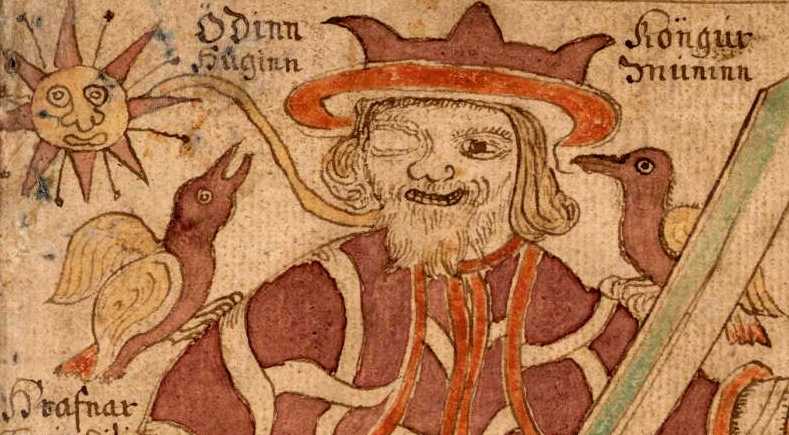
If it’s not already clear, animals and the natural world formed a massive foundation for Norse mythology and culture. Revna, a girl’s name meaning raven, probably references Huginn and Munnin, two ravens who helped the god Odin. Every day, Odin sent them out to gather news about the world and then they returned to whisper what they learned in his ears. Odin is also known as the “raven god” and is often depicted with ravens in traditional art. The connection between the birds and the god probably stems from the battlefield. Odin decided warriors’ fates and ravens often flew around battlefields to peck at the leftover carnage. Furthermore, ravens are known for their intellect just as Odin was. Huginn and Muninn, in particular, are representations of thoughts, thinking and memory.
9. Rune
Gender: Male
Meaning: Secret, letter or mystery
Pronunciation: Roo-nuh
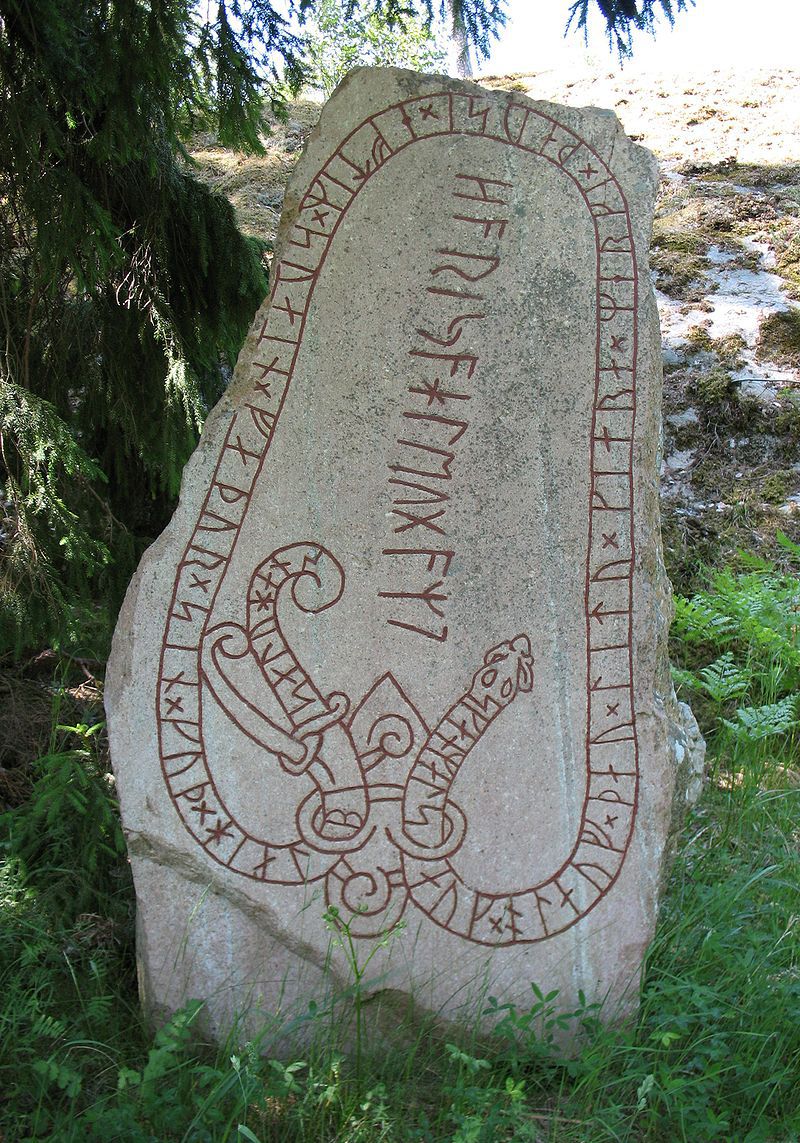
The name Rune has multiple symbolic meanings depending on how parents viewed the significance of runes overall. In the most basic sense, a rune is a letter. However, each Norse rune represents a particular spiritual power or event that the letter invokes when written. In this way, runes functioned as letters, words, and spells. Prior to the invention of written language, a rune could have meant a “hushed messaged.” Each rune looked like what it referenced to some extent. For example, the rune representing the god Tiwaz is an upwards pointing arrow, which indicates his inclination for war. Runes were typically carved into stone to tell stories and poems.
8. Sigrid
Gender: Male
Meaning: Beautiful victory
Pronunciation: Si-grid
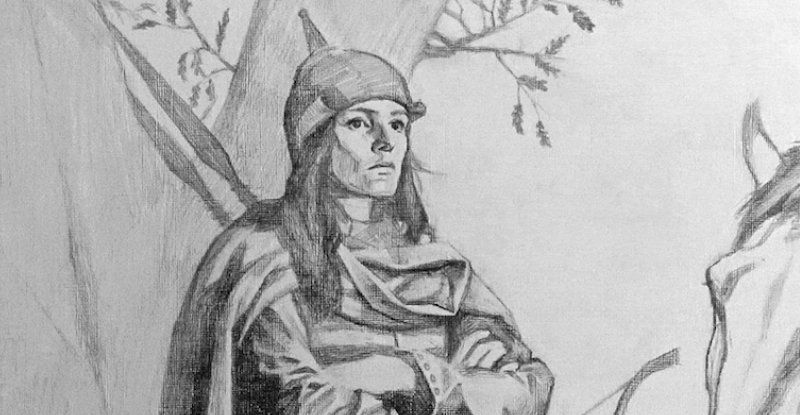
Sigrid comes from the name Sigríðr, which is a combination of the Norse words for victory (sigr) and beautiful (fríðr). Battle was an important aspect of Norse culture as evidenced by the hyperfocus on war and strength seen in their mythology. Recent evidence has uncovered that women fought alongside men in war. As a result, a name like Sigrid suggests that parents hoped for a successful warrior daughter.
7. Ulf
Gender: Male
Meaning: Wolf
Pronunciation: Uuhl-f
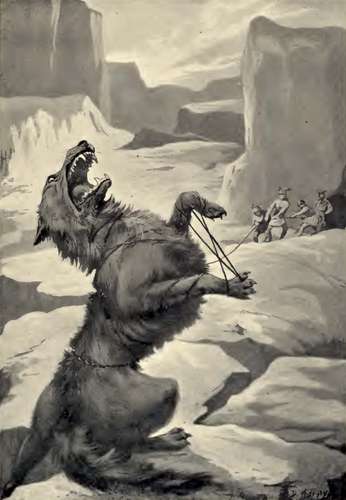
Like Orm, Ulf references a creature fated against the gods, Fenrir the wolf. In mythology, the gods chained up the monstrous Fenrir to prevent him from wreaking havoc on the world. Fenrir swore vengeance and it is said that he will break free at Ragnarok and kill the god Odin before dying at the hands of another god. Additionally, Viking warriors called úlfheðnar, similar to berserkers, donned wolf skins during battle.
6. Freya
Gender: Female
Meaning: Noble lady
Pronunciation: Fray-ah
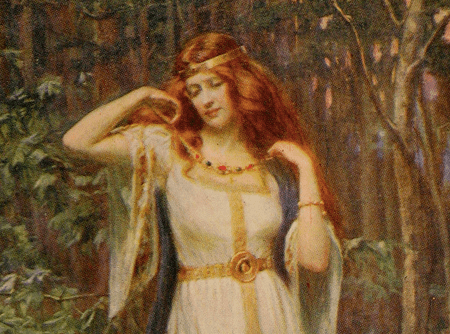
Freya stands apart from the numerous Norse names that focus so much on battle, protection and strength. However, like Toke, Freya is a reference to Norse mythology. The goddess Freya (also spelled Freyja) was similar to the Greek goddess Aphrodite in her representations of love and beauty, but she is also credited with teaching gods and humans seidr, an organized form of Norse magic. As a result, she’s considered as a wise sorceress on top of her beauty. Additionally, Norse people believed Freya took half of the fallen heroes to her hall in Fólkvangar while the other half went to live with Odin in Valhalla.
5. Astrid
Gender: Female
Meaning: Divine and beautiful
Pronunciation: AHS-trit
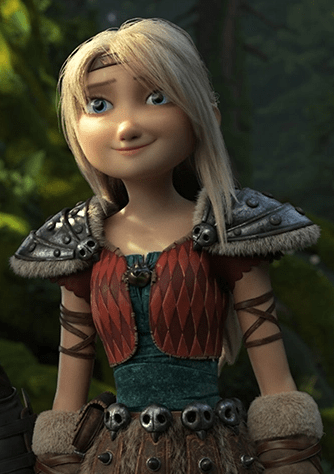
The name Astrid comes from the Norse words for god and beauty. Unlike some of the other names on this list, Astrid translates quite well to the modern day in its benign wishes for its owner. It still comes up in popular culture and has been seen in other countries, like America and England. Surprisingly, Astrid isn’t related to the Latin “Astra,” which means “of the stars.”
4. Hilde
Gender: Female
Meaning: The fighter
Pronunciation: Hil- duh
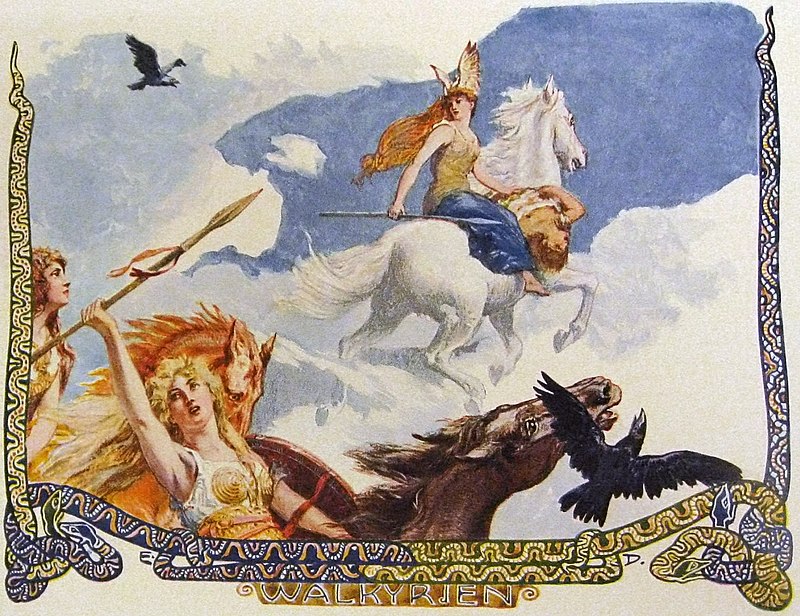
Hilde derives from the Old Norse name for battle, Hild. Hild is also the name of a Norse valkyrie, one of Odin’s female helpers who determined which warriors survived and died in battle. Portrayals of valkyries vary depending on the time. In early mythology, valkyries were vicious and bloodthirsty, using a string made of human innards to determine the fates of certain warriors. In later texts, they’re more caring as they helped Odin carry his favored soldiers to Valhalla.
3. Bjørn
Gender: Male
Meaning: Bear
Pronunciation: Be-yOHrn
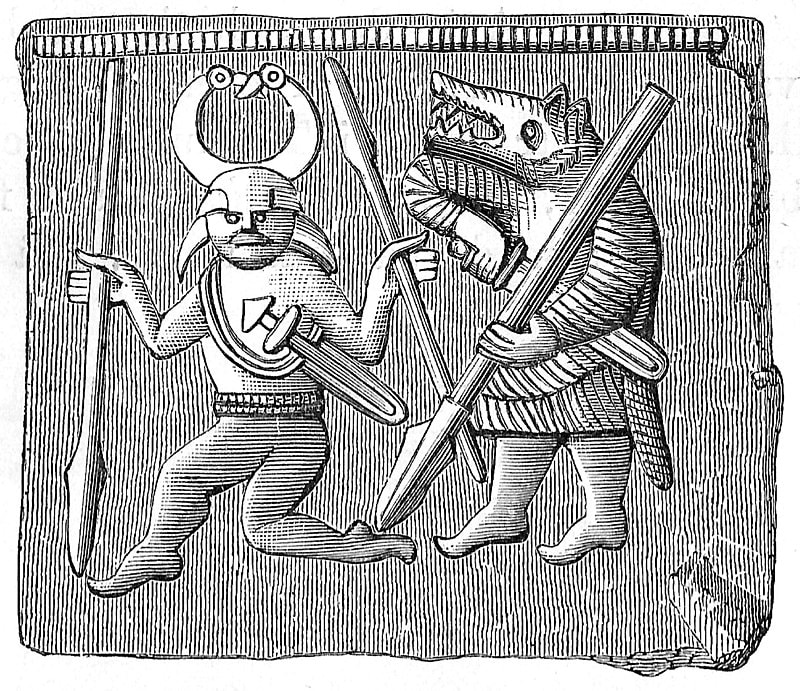
Bjørn, like Orm, emulates a strong animal. Ancient Norse peoples saw bears as sacred, powerful creatures. They ritually killed/sacrificed bears and paraded their skins around the village. There are multiple accounts of warriors called berserkers who wore bear skins and charged into battle in a potentially drug-induced craze. Were-Bears, people who transform into bears, were part of Norse mythology, most likely due to berserkers.
2. Orm
Gender: Male
Meaning: Serpent
Pronunciation: Ohr-m
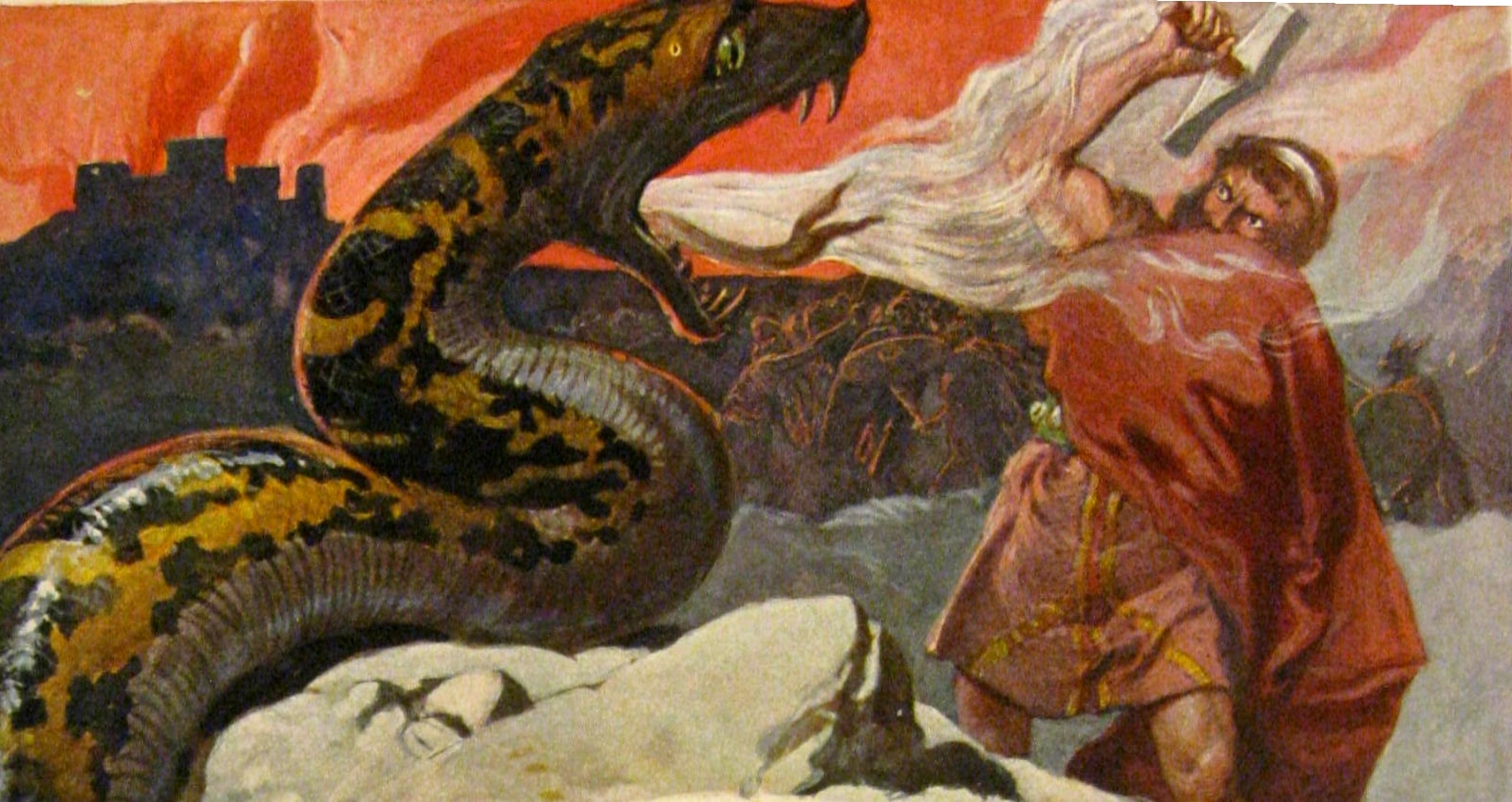
While it was popular to name children after gods, some kids had the opposite treatment. Orm, which means serpent, references one of Thor’s enemies, the Midgard serpent Jormungandr. Norse peoples believed that the Midgard serpent and Thor will fight each other in the Battle of Ragnarok, the Norse apocalypse, and eventually kill one another. Naming a baby after a rival might seem counterintuitive, but Jormungandr was a warrior equal to the god of thunder. Naming a baby Orm suggests they will be a fierce warrior who could rival the gods.
1. Toke
Gender: Male
Meaning: Thor and Helmet
Pronunciation: TOH-keh
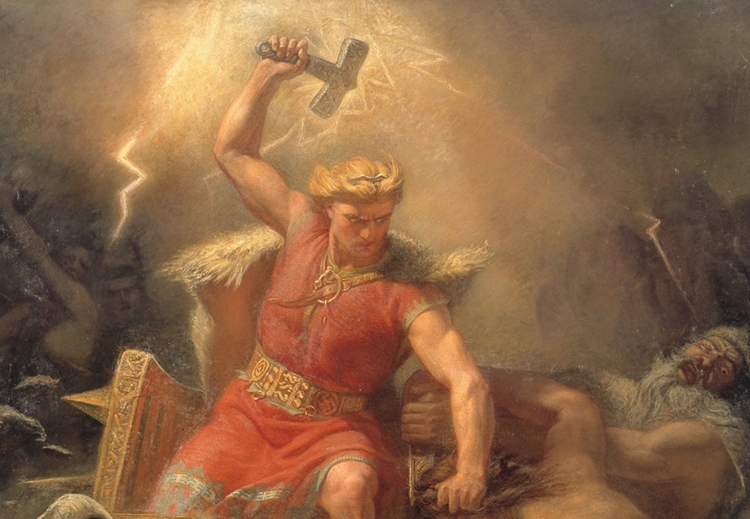
Toke is a derivation of the name Thor, the Norse god of thunder, sky and agriculture. In general, many names derive from religious roots, such as Daniel, Jesus, or Hera, so names like Tove are not surprising. Thor played a key role in the livelihood of the Vikings as they believed he was responsible for their crops. They also considered him a protector and, as a result, he was the chosen god of the Vikings. With the introduction of Christianity, Thor’s relevance grew in popularity as Norse people believed he was Jesus’ direct rival. Naming a son Toke meant parents wished to imbue him with the qualities of protection and strength that Thor represents.


